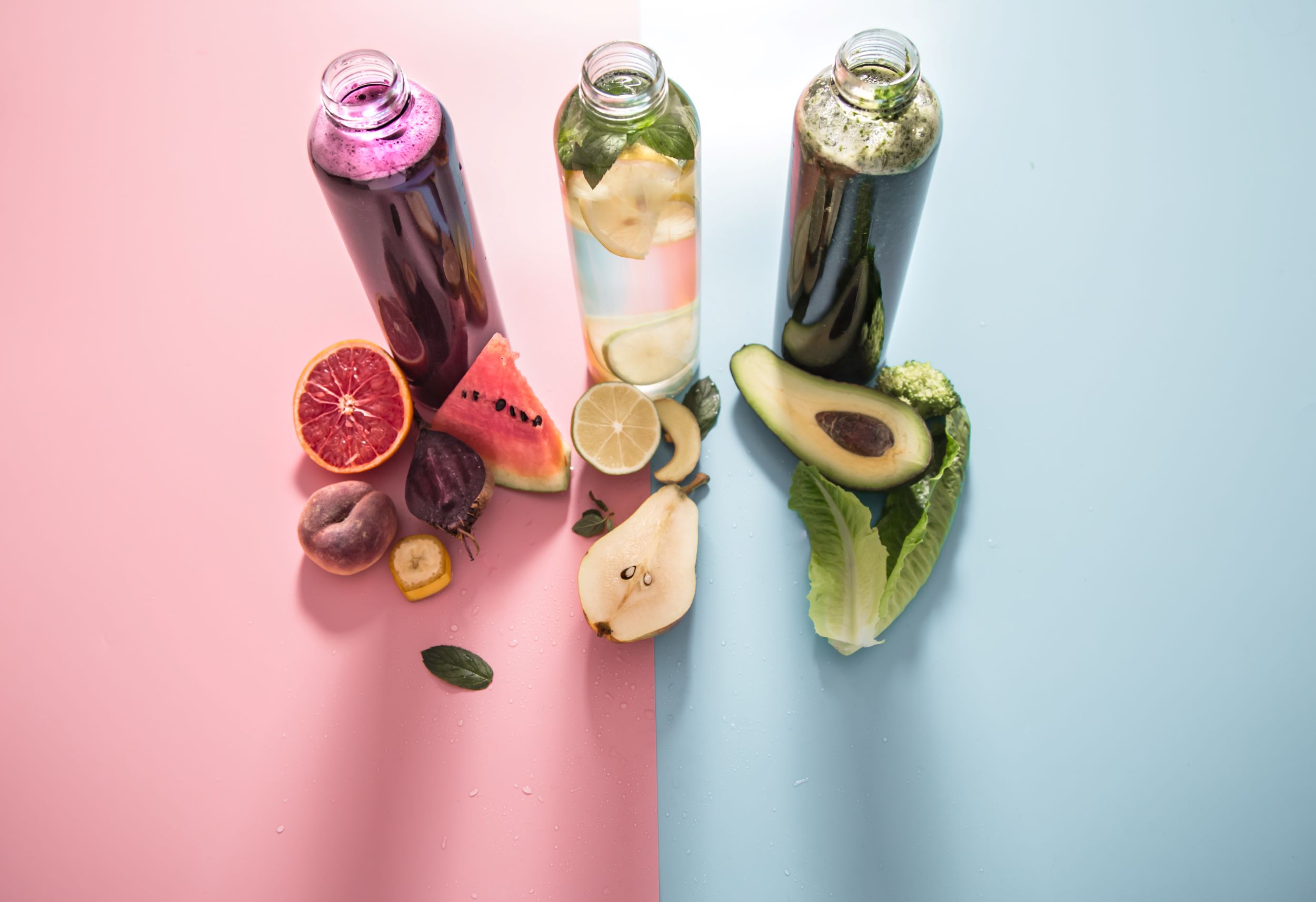It’s often said that the best sunscreen is the one you’ll wear every day, but it’s easier said than done. Many people claim they don’t like wearing sunscreen every day because they don’t like the smell, the white cast it can leave, or the texture. So finding a sunscreen that you love will ensure you wear it every day. Sunscreen is essential to avoid sun damage that can lead to rapidly aging skin, discolorations and potentially deadly skin cancers. Here are some tips for finding the right one for you and some of our favorites.
The Basics
There are two main types of sunscreens; chemical and mineral (sometimes referred to as physical sunscreen). There is no clear winner as to which is better, they each have a few cons. The FDA regulates the ingredients for sunscreens and the potency of the SPF(sun protection factor) to protect against UV rays. The ideal sunscreen is broad-spectrum, protecting against UVA and UVB rays. Not all sunscreens are broad-spectrum so it’s important to find one that is.
Ultraviolet A (UVA) has a longer wavelength and is associated with skin aging. UVA rays account for up to 95% of the UV radiation. UVA rays can get through windows and clouds.
Ultraviolet B (UVB) has a shorter wavelength and is associated with skin burning. UVB rays penetrate the outermost layer of your skin.
Dermatologists recommend at least SPF 30. SPF 30 blocks 97% of the UVB rays, anything above SPF 30 offers little extra protection. No sunscreen can block 100% of UV rays. Regardless of the SPF, sunscreens still need to be reapplied every 60 – 80 minutes, depending on the specific sunscreen.
Chemical vs Mineral
While both protect your skin from the sun, there are a few differences between the two sunscreen types.
Chemical sunscreens absorb UV rays. Some chemical sunscreens may contain oxybenzone or avobenzone. These chemicals can irritate sensitive skin. Chemical sunscreens need to be applied 15 minutes before sun exposure. Most chemical sunscreens tend to be more water-resistant.
Mineral sunscreens create a physical barrier on the skin that shields and deflects UV rays. The typical main active ingredients are zinc oxide and titanium dioxide. Most mineral sunscreens can leave a white cast, but there isn’t a waiting period after applying it before sun exposure.
Each type has pros and cons, but people with sensitive skin should consider mineral sunscreens. Mineral sunscreens are usually eco-friendly since they avoid oxybenzone and avobenzone. There are also debates among dermatologists about chemical sunscreens abording into your skin and getting into the bloodstream.
Protect Your Skin Every Day With Biocure
According to the American Academy of Dermatology, 1 in 5 Americans will develop skin cancer in their lifetime. Biocure understands the importance of sunscreen and finding the right one for you. The key factors to look for when picking a sunscreen is:
- Broad Spectrum
- SPF 30 – 50
- Try to use only Mineral Sunscreen when possible
- Choose one you’ll wear every day
If you’re having trouble picking one, here are a few of our favorites:







